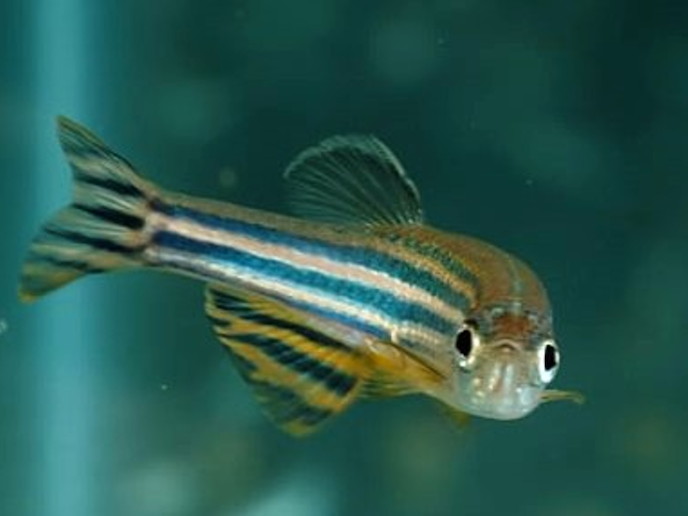The pathophysiology of depression
Despite great research efforts, little has been achieved in terms of new treatments for depression, which remains one of the greatest causes of chronic disability. Most clinically successful drugs increase the functioning of serotonin, a brain neurotransmitter that is low in depression. However, these drugs are not efficacious in a large proportion of depression sufferers, exhibit a delayed onset of action or present with side effects. To address this, scientists on the EU-funded MECPST-IPD (Identification of inflammation pathways involved in the predisposition to decreased neurogenesis and depression) project focused on the pathophysiology of depression as a complex multi-factorial disorder. In this context, scientists studied inflammation and stress as elements in depression. To model inflammation in mice, they injected them with the inflammation-inducing substance lipopolysaccharide after birth. These inflammatory-predisposed mice underwent unpredictable chronic mild stress and researchers monitored their response. Furthermore, scientists interfered with adult neurogenesis using specific drugs to delineate its role in the development and recovery from depression. Mice subjected to all three pathophysiological elements displayed the least amount of weight gain and exhibited a higher anxiety score. Overall, the behavioural results of these mice were reflective of an increased activation of the dopaminergic system. Insight into the mechanism of these observations demonstrated that an early life inflammatory insult altered the dynamics throughout the life of the mouse. At the same time, a decrease in adult neurogenesis alone was sufficient to induce a depressive phenotype as well as an increase in the stress response associated with a deficit in emotional processing. Taken together, the observations of the MECPST-IPD study highlight the role of inflammation and neurogenesis in the pathophysiology of depression. Most importantly, they portray the multifactorial nature of the disease and suggest that combinatorial drugs targeting different disease aspects may be necessary for therapy.







